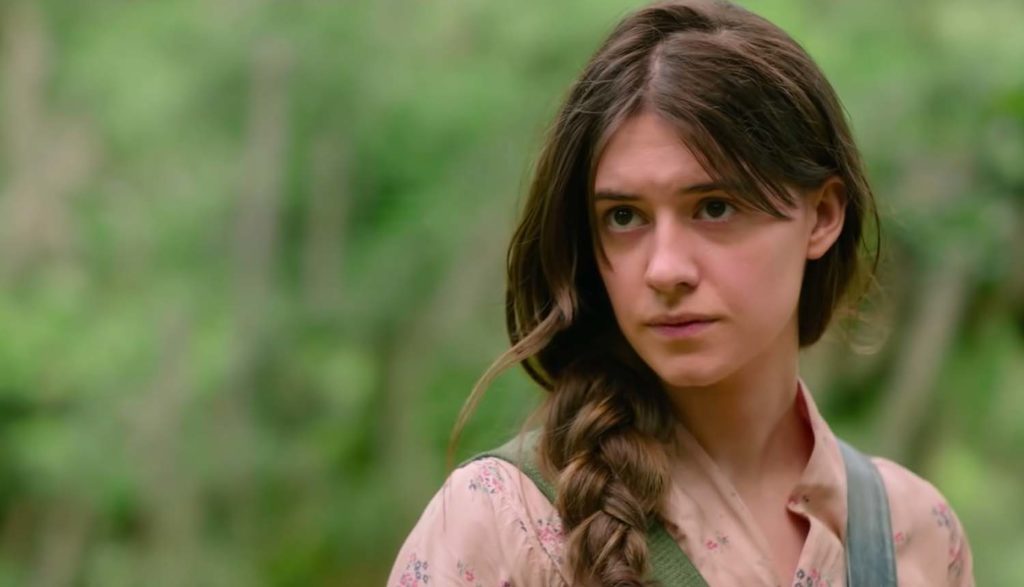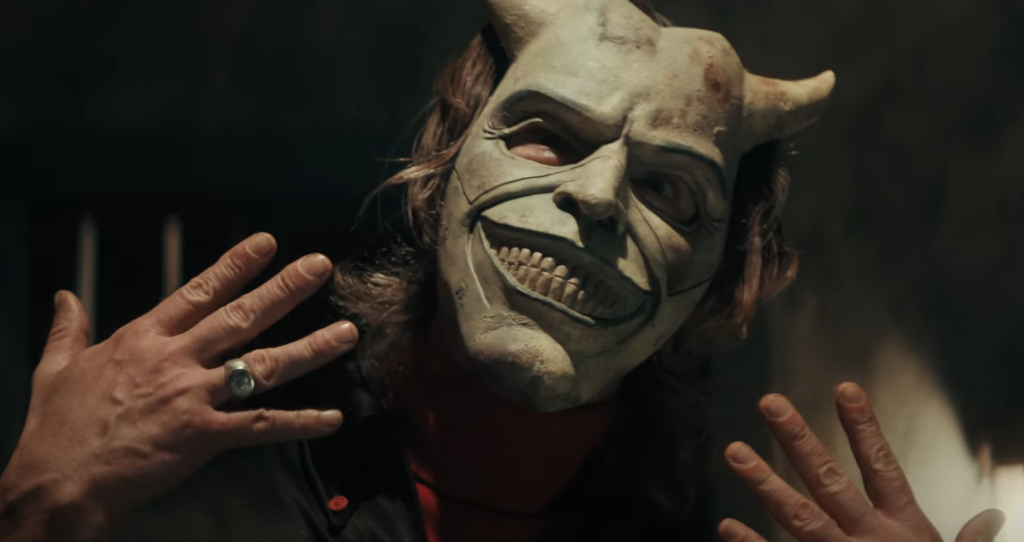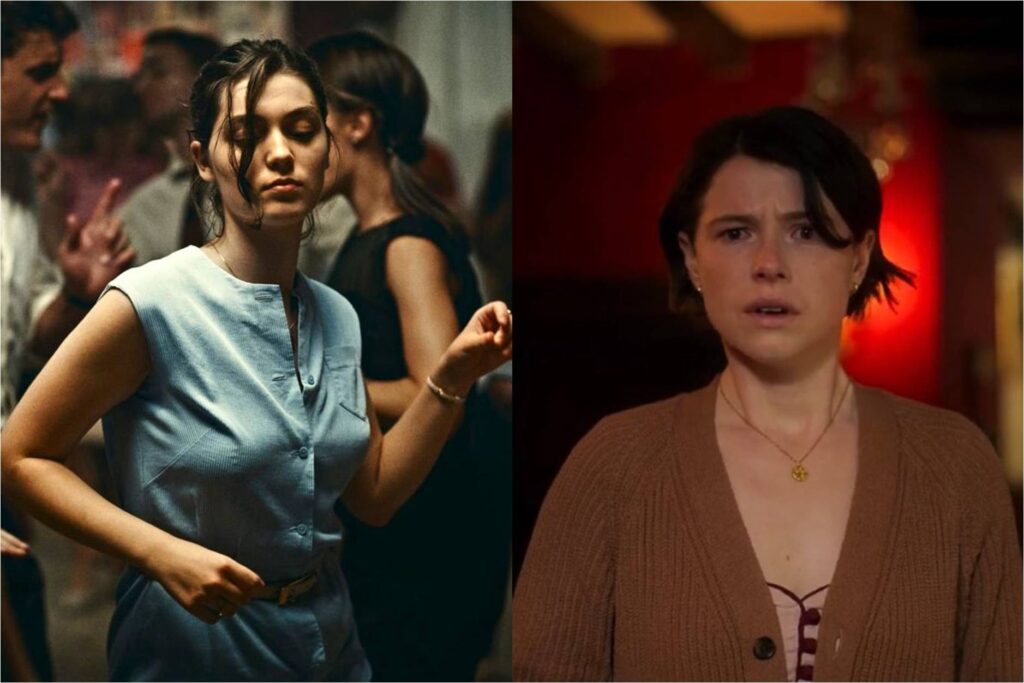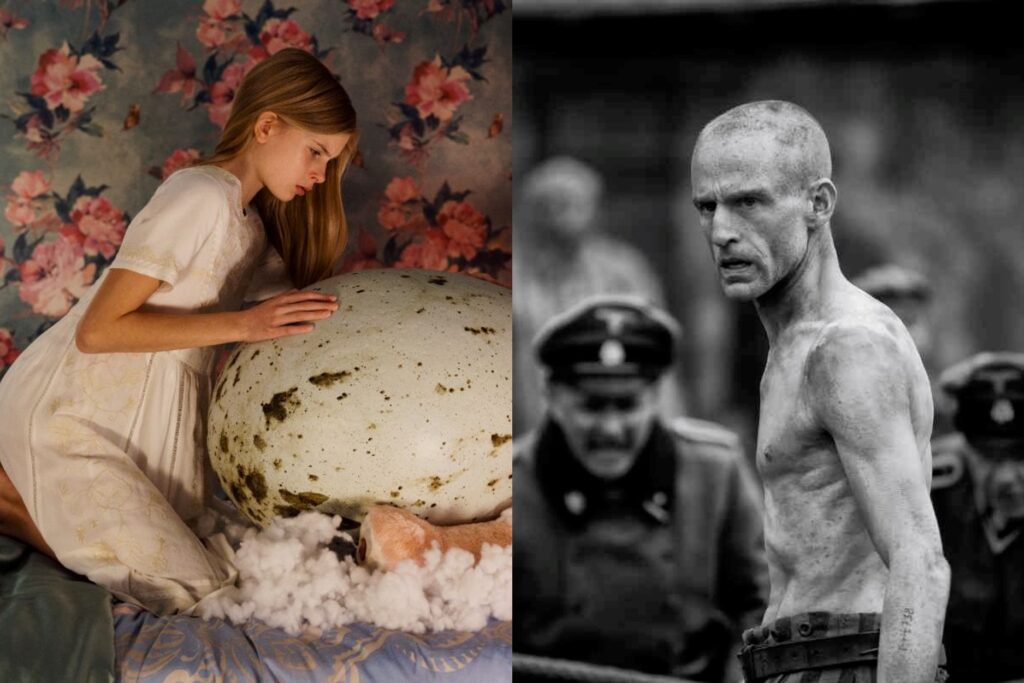Bullet Train, Prey, and Action Silly and Serious
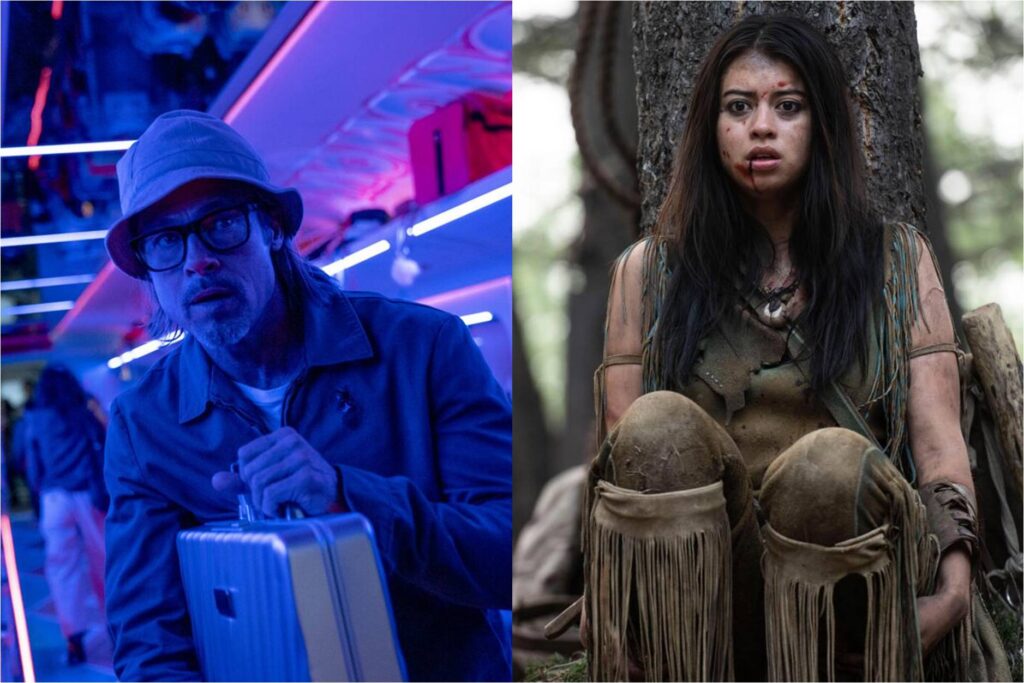
I take movies seriously, but how seriously should movies take themselves? One of the saws about modern blockbusters is that they’re meant to be dumb fun—that they’re designed to function as a respite from the harshness of reality, and that they grant viewers the blessed opportunity to “turn your brain off.” Setting aside the wisdom of deactivating your central nervous system, I acknowledge that films which operate primarily as pleasure dispensers carry a certain appeal, though it’s debatable whether they need to be dumb—or to neglect more pesky, brainy attributes like plot, theme, and character—in order to be enjoyable. The phrase “it doesn’t take itself too seriously” is generally considered a compliment, implying not that the picture in question is foolish, but that it’s unpretentious.
But is this a sliding scale? That is, when it comes to action—the genre most typically cited by Brain-Off enthusiasts—do movies necessarily trade seriousness for satisfaction? Or can a film’s sincerity instead indicate its level of artistic commitment, suggesting that it approaches its crowd-pleasing task with formal rigor and genuine care? These are false dichotomies, but this past weekend nevertheless presented an intriguing contrast, featuring two new action flicks that occupy opposite ends of this theoretical spectrum. One takes its blockbuster imperative deadly seriously; the other treats seriousness akin to a disease. Read More

